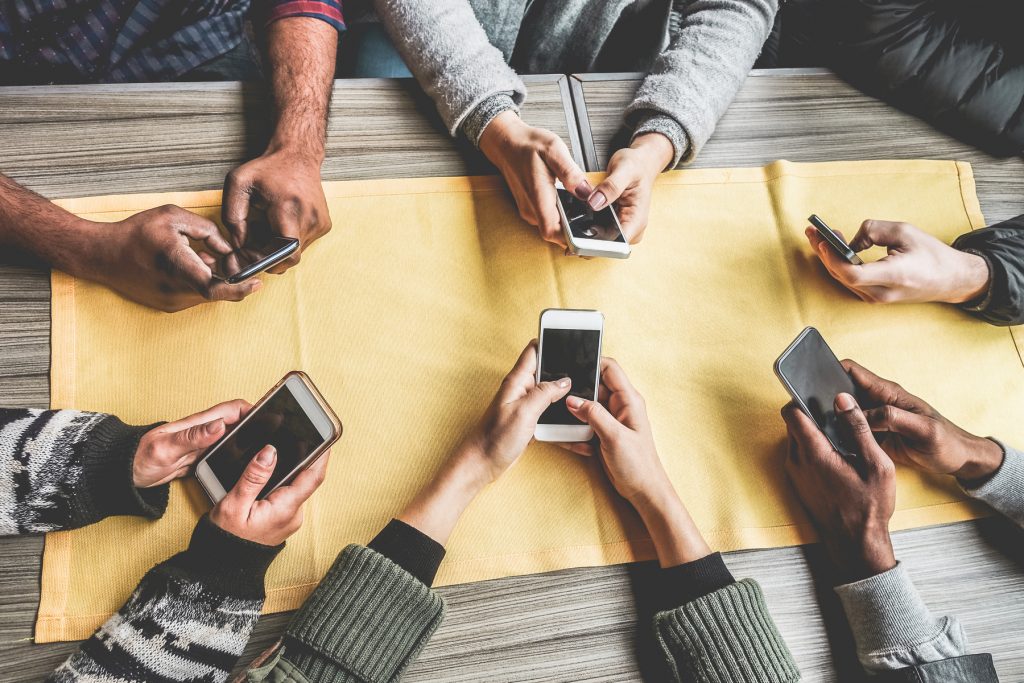
The murder of George Floyd sparked outrage across the world, bringing attention to the racism and police brutality that plagues our societies. Social media, a powerful tool in any circumstance, was filled with posts of solidarity for the Black Lives Matter movement. As a brown woman, I was reminded of how anti-Blackness and racism runs deep in our own cultures—a model minority diaspora only allowed to exist in the aftermath of the Black civil rights movement, whose anti-Blackness and light skin preference is still so prevalent.
Being passionate about diversity and representation, I thought I’d filled my feed with well-rounded and passionate influencers and creators of color, everything I’d missed as a brown hijabi growing up. What shocked me was the amount of insensitive and tone-deaf content I saw from the people I’d trusted to represent me.
One beauty influencer posted a rant on her story, proclaiming “all lives matter,” and bemoaning all the “unnecessary drama.” A Youtuber posted pictures of herself handcuffed in a police car, to commemorate her birthday, as she simultaneously posted her outrage at George Floyd’s murder. Yet another fashion influencer was called out for blocking Black voices and deleting their comments from her posts when they criticized her inaction. The ones who apologized said that their actions came from a place of ignorance, and promised to read, research and reflect.
[Read Related: #BlackLivesMatter: a Guide to Supporting the Movement Through South Asian Allyship]
I realized I was guilty of complacency as I watched Hakeemah, a Black Muslim fashion and beauty influencer, speak in an IGTV, calling out fashion and beauty influencers for their silence and then challenging their fan bases.
“You surround yourself with people who have like values, if you value the hashtag Black LivesMatter, you should be looking to people who also value that…who know their status, recognize their privilege. ‘Not being educated, not having the words,’ those are BS excuses.” —Hakeemah
https://www.instagram.com/p/CAxJ47LDYlC/
Hakeemah’s video challenged me to take a critical look at my feed. Aside from friends, I mostly follow fashion and beauty influencers. I noticed that most of them posted nothing beyond a few slogans or graphics, along with the mandatory black square on #BlackoutTuesday. However, the accounts I followed that were run by academics, writers and activists were posting regularly, sharing resources such as petitions, action points, events and reading lists, while ensuring that they were amplifying Black voices.
My personal favorites being: S. K Ali, a bestselling author of YA novels covering themes like Islamophobia, racism, sexual abuse and social justice, Dr. Sofia, the founder of the Islam and Feminism Critical Reading Group at the University of Leeds and Tahmina Begum, a UK-based journalist, all shared helpful resources for combating anti-Black sentiments in South Asian communities. These and other people were helping me in staying informed and aware, while there was barely a peep beyond tokenism from the fashion and beauty influencers I followed, who quickly went back to their selfies and photo ops.
https://www.instagram.com/p/CA5mZkmAXhh/
[Read Related: Explaining Black Lives Matter to Kids]
Too often, we fail to hold influencers accountable on the regular but jump onto the bandwagon when a topic starts trending. I’m not here to cancel fashion and beauty influencers who have done so much to break glass ceilings and allow us to see ourselves on screens. Without them, we wouldn’t have modest fashion, find makeup shades to suit our skins, or be able to locate brands and companies owned by people of color. However, I’m here to encourage everyone to think about what we expect from them. We lust after beautifully curated feeds, perfectly put together (and occasionally Photoshopped and Botoxed) looks, and constant, and expensive, product endorsements. What we’re lacking is influencers who teach us, inspire us and motivate us to become better people.
In the words of Angela Davis, “in a racist society, it is not enough to be non-racist, we must be actively anti-racist.”
I’ve resolved to unfollow anyone who is simply non-racist, for my own sake and for the sake of all oppressed people around the world.




